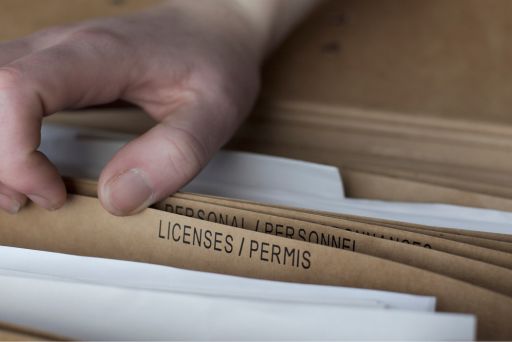
What is Sales Tax?
Sales tax is a consumption tax on goods and services. State governments, along with county and local governments, set the sales tax; however, not every state has sales tax.
The purpose of sales tax is to fund government projects. The revenues from sales tax are used to fix roads, improve communities, or build infrastructure.
Consumers pay sales tax at the point of sale on goods or services. Businesses charge the consumers and then pass the taxes onto governments. Businesses are liable to pay sales tax if they have any presence in the state. This can mean a brick-and-mortar business, an affiliate, an employee or any other type of presence. States have passed laws requiring online retailers, like Amazon, to charge and pay sales tax.
Because products can pass between many businesses between production and the final sale, only businesses who sell directly to customers have to pay sales tax. The other businesses who handle the products get a resale certification from the government. The resale certification says that the business is not liable for the sale tax because they are not selling directly to consumers.
Sales Tax Scenario
Sales tax at brick-and-mortar businesses are fairly straight forward. We’ll present a scenario for affiliate sales taxes.
Jordan is a tech blogger. He uses affiliate links from several companies to make money from his blog. Jordan lives in Georgia, where there are affiliate nexus laws. Affiliate nexus laws state that companies who use affiliate links and make over a certain amount from those sales must pay sales tax.
The Georgia nexus affiliates state that if a company makes over $50,000 from the nexus in Georgia, then the company must pay sales tax. The companies who work with Jordan have a two options on how they want to proceed. First, they can wait and see if the hit the threshold of sales before paying the taxes. The downside to this is that they may be liable for any penalties or interest due on the unpaid taxes. The second option is that the company collects sales tax up front and then if they have to pay sales tax, they already have the funds set aside to do so.
Jordan, as an affiliate, doesn’t have anything extra to do. However, some companies avoid working with bloggers who live in states with affiliate nexus laws. As more states enact affiliate nexus laws this may change.










 An organized bookkeeping system is arguably the most critical component of monetizing a blog business. It doesn’t matter if you’re making boocoo bucks on your blog if you aren’t tracking money coming in and money going out. Here’s how we suggest you manage your time when you’re taking care of your own
An organized bookkeeping system is arguably the most critical component of monetizing a blog business. It doesn’t matter if you’re making boocoo bucks on your blog if you aren’t tracking money coming in and money going out. Here’s how we suggest you manage your time when you’re taking care of your own 









